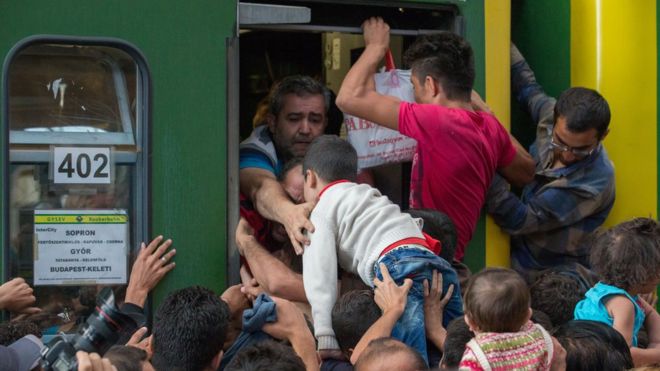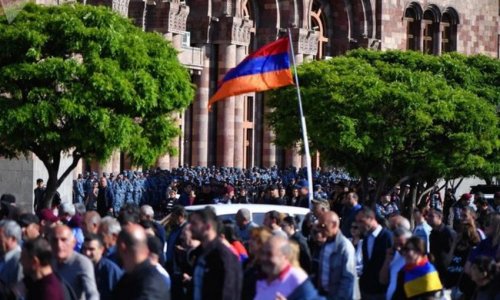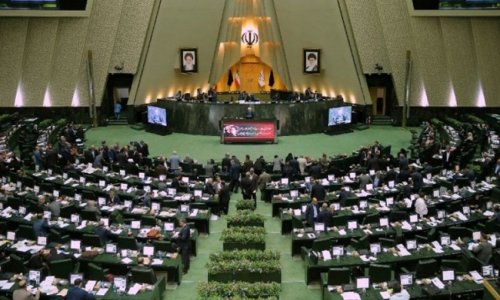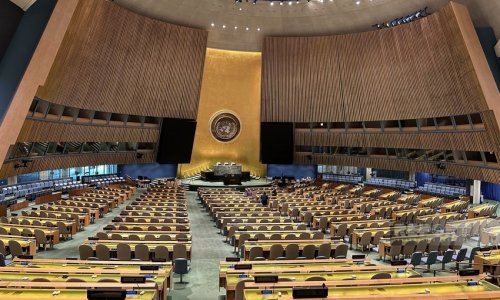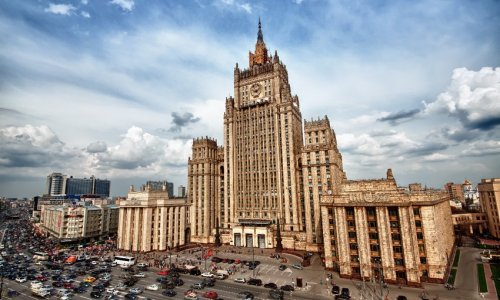The EU admits that its asylum procedures are inadequate, faced with the biggest influx of migrants since the Balkan wars of the 1990s.
Europe has been shocked by migrant tragedies in the Mediterranean and the misery of refugees - many from war-torn Syria - exploited by people traffickers.
So can Europe's governments, instead of accusing each other, take joint action to end the crisis?
Here are five key areas where EU agreement could at least ease the crisis.
Agreeing on asylum rules
Hungary has joined Greece and Italy as a migrant hotspot, overwhelmed by the numbers hoping to settle in the EU.
Reception centres in the "frontline" countries are overcrowded. In many cases officials are struggling with a flood of asylum claims.
Effective common rules would mean sharing data on migrants, such as fingerprints and other key ID, so that their movements could be tracked.
More EU specialist teams have been promised to help national authorities to filter migrants when they arrive and process claims speedily.
There also needs to be a complete revamp of the Dublin Regulation, under which the EU country where a migrant first arrives is supposed to process the migrant's asylum claim.
The system was not designed for a crisis like the current one.
In its European Agenda on Migration the European Commission says Dublin is not working. In 2014, just five EU states handled 72% of all asylum applications.
Hungary is arguing with its neighbours Austria and Germany over who should register thousands of asylum seekers.
The "frontline" countries, and some of their eastern European partners in the EU, say most migrants want to reach richer countries like Germany, Sweden and the UK. So they ask: why register and house migrants in a country they plan to leave anyway?
But the counter-argument is that governments should not shirk their humanitarian responsibilities. Under international law, genuine refugees - people fleeing war or persecution - have a right to asylum. And doing little or nothing to help them just prolongs their misery.
There is fierce argument over an EU proposal for national quotas, to share out the burden of asylum claims fairly. And there are growing calls to increase the number of people taken in.
The European Commission tried unsuccessfully to persuade member states to accept a mandatory quota system for taking in 40,000 Syrians and Eritreans over the next two years. They agreed in July to accept 32,500 on a voluntary basis.
The UK opted out of any quota, exercising a right it had negotiated. Ireland could have opted out too, but chose not to.
Eastern European governments mostly object to quotas, saying migrants would not want to settle in their countries.
In a joint statement on 4 September, the leaders of the Czech Republic, Hungary, Poland and Slovakia said "any proposal leading to [the] introduction of [a] mandatory and permanent quota for solidarity measures would be unacceptable".
The leaders of Slovakia and Hungary also question the policy of "Christian" Europe taking in many Muslims. Many asylum seekers have fled from Syria, Iraq, Afghanistan and Pakistan - all Muslim-majority countries.
But the quota plan has not gone away. France, Germany and Italy are pushing for it.
The Commission is set to unveil a permanent EU mechanism for distributing asylum seekers across the 28-nation bloc.
Quotas would only apply to Syrian and Eritrean refugees, however, so the mechanism would not solve the crisis.
European Council President Donald Tusk wants a bigger target, calling for "fair distribution of at least 100,000 refugees".
But the drivers of the current migration are complex and require long-term aid efforts by the EU.
Ending the war in Syria would make a huge difference - but that still looks a long way off. Syrians are the biggest group of migrants flocking to Europe.
More than four million refugees have poured into Turkey, Lebanon and other neighbouring countries from Syria. The UK is the biggest EU aid donor for those refugees and argues that most prefer to stay in the Middle East.
The rich Gulf Arab countries have taken in very few Syrian refugees - and critics are urging them to do more to help.
There is also massive emigration from Eritrea, where human rights abuses are rife. Ending its frozen conflict with Ethiopia would help reduce the numbers. But, again, the EU is divided over how to tackle that problem.
For sub-Saharan Africa, more targeted EU aid could create local jobs and reduce the flow of economic migrants.
But many also flee the deep-rooted conflicts in Nigeria, Sudan, Somalia and Democratic Republic of Congo, which require political as well as economic solutions. That demands a co-ordinated, ambitious EU foreign policy.
(BBC)
www.ann.az
Follow us !

